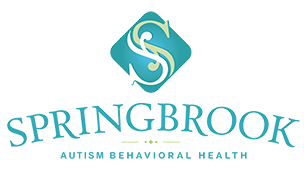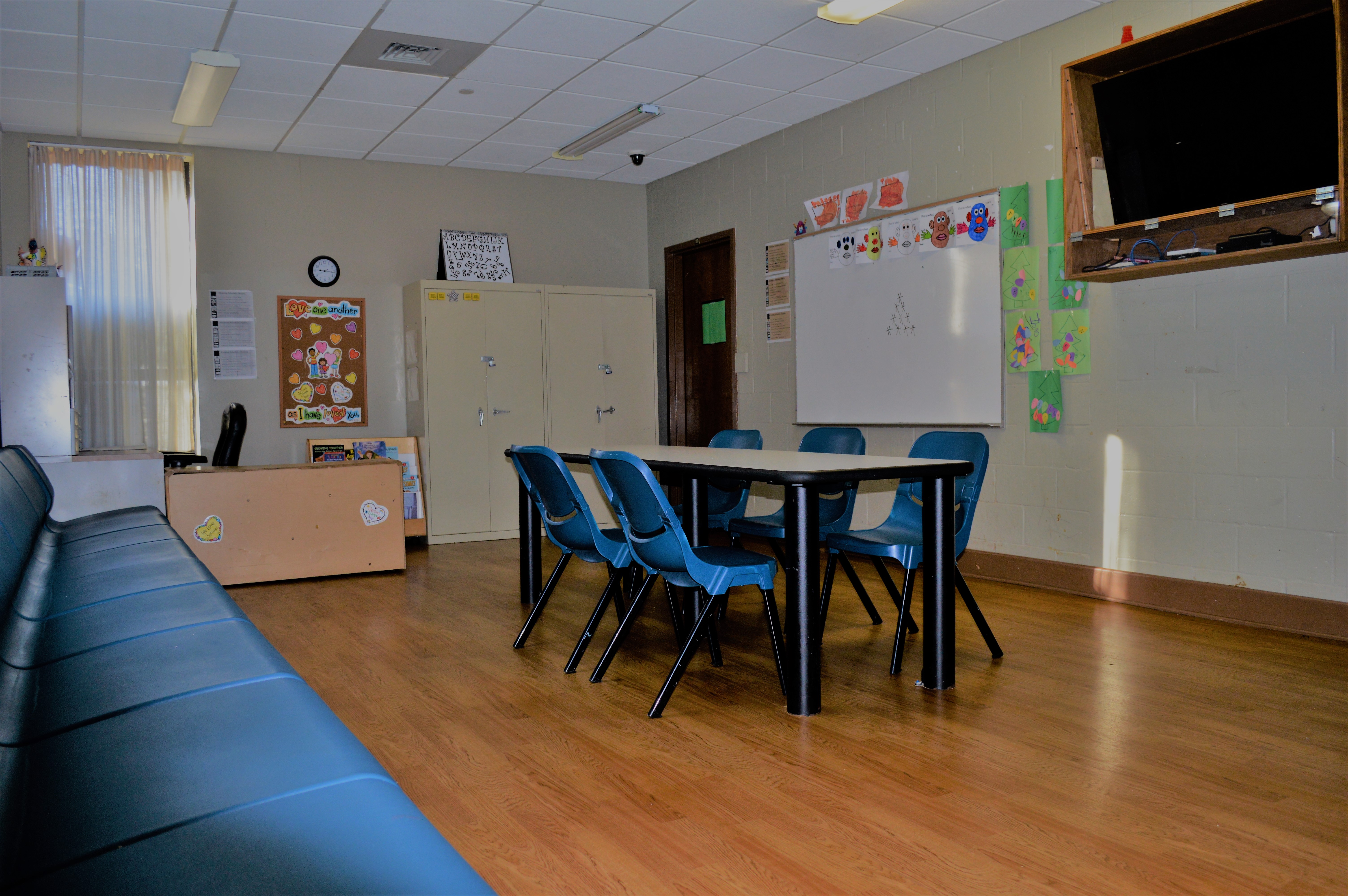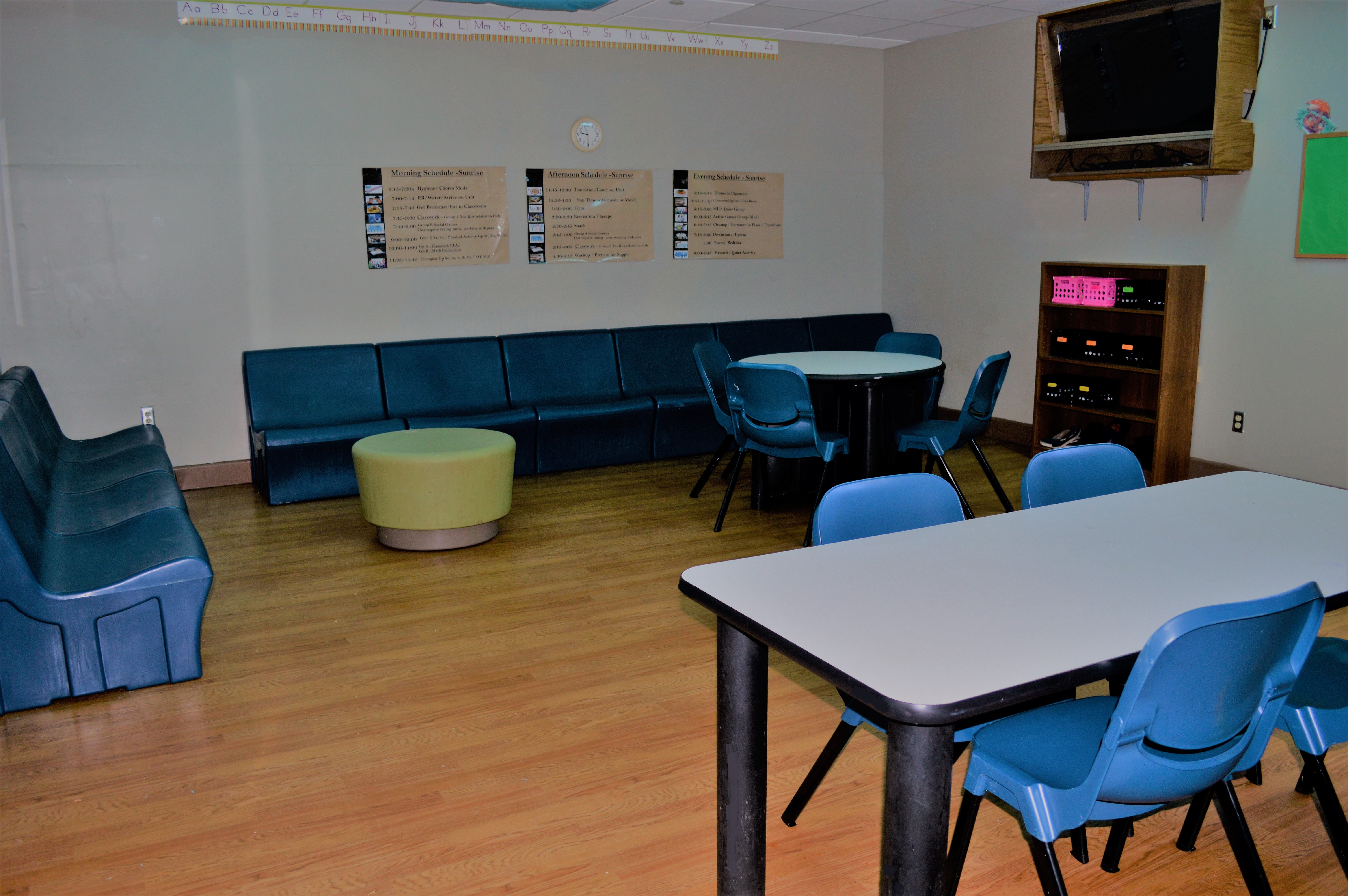Applied Behavioral Analysis Integration
Autism Behavioral Health Program: Overview of a Typical Day
What does Applied Behavioral Analysis look like day-to-day? Attempting to fully understand autism behavioral health is a complex process, and it is nearly impossible to improve some of the self-destructive behaviors associated with autism in a vacuum. Each day in our program addresses the needs of the whole person. Children and adolescents with autism will have different therapies and other activities designed to help them reach specific behavioral goals. While we incorporate enough variety into the schedule in order to address the behavioral issues of each patient, and to challenge each patient to grow, we also make sure that our days are structured enough to reduce the anxiety associated with autism.
The Specifics of Our Autism Behavioral Health Program
Behavioral Therapy
Each patient in our autism behavioral health program receives 90-minutes of one-on-one behavioral therapy with one of our Licensed Therapist every week. During these sessions, we note progress that has been made, reassess the patient, and readdress the plan as needed.
Integrated Behavioral Therapy
We are just as interested in the progress our patients make outside of their individual therapy. Behavioral analysis and modification is built into our entire program, from our educational programs and occupational therapy to our reward-based system and group recreational therapy. Front line staff are trained by our BCBAs for certification as Registered Behavioral Techs. This is the new designation for appropriately trained and competent ABA line therapists.
Goal-Oriented Behavior Monitoring
Our autism treatment center is monitored by cameras, and our staff regularly reviews the footage after outbursts to identify what triggered the behavior. Our staff also tracks behavior every 15-minutes throughout the day, setting small, measurable goals for each patient. We meet weekly to discuss the progress, readdress the behavioral plan, and think of new ways to help our patients reach their goals.
Children With Autism who present challenges with their functioning level and behaviors make Great Strides at Springbrook
For children and adolescents with autism, we strive to create the perfect environment to help your child achieve success, no matter how severe the autism diagnosis. Children on the autism spectrum with functioning disabilities are more likely to have other physical and mental impairments, to have more difficulty with daily living skills, and are more likely to exhibit behavioral issues, including self injury. Unfortunately, many autism research and rehabilitative autism behavioral programs focus almost exclusively on high-functioning autism, and do not have the services to address the special needs of children with more severe autism or lower functioning abilities.
Our Approach
Individual Attention and Support
In our experience, children who have comorbid conditions such as executive functioning difficulties, motor control difficulties, or other neurological conditions may present as more severely autistic than they actually are, even if they have a low IQ test score. Many of these conditions have more to do with functioning than intelligence.
In addition, it is hard to obtain accurate IQ scores with traditional IQ tests that measure from professionals who are not used to the accommodations that must be provided for a child or adolescent at a lower functioning level. At Springbrook, our staff has extensive experience not only in treating the behavioral issues associated with autism in children, but also with recognizing and dealing with parallel conditions that may be affecting your child’s behavior, ability to succeed in social situations, and ability to perform the skills necessary for daily living.
In many cases, children come to us having been diagnosed with severe autism, but our comprehensive autism assessment shows that the difficulties are more complex than the diagnosis indicates.
For Children with Severe Autism Diagnosis
If it’s determined after our initial autism assessment that your child’s functioning level presents challenges, we have abundant autism resources to help your child succeed. Even students with severe autism have undiscovered capabilities and talents that we can foster. Given the right tools and the right approach, offensive behaviors can be corrected. As we mentioned earlier, many programs for children with autism spectrum disorder and other associated disorders are designed to address the functional issues associated with autism. However, these programs are not always well-suited for children that also have significant emotional or behavioral issues. Consequently, these children do not progress well in traditional autism programs.
Our program, on the other hand, includes The Sunrise Room, a unique place where children with a more severe autism diagnosis can learn together, along with ABA trained staff, special education programmers, and speech and occupational therapists. We first focus on joining behaviors, eye contact, controlling the environment, intense occupational therapy, speech therapy, and vocalizing needs, since many children with severe autism exhibit antisocial behavior. We also provide intense individual attention, realistic, measurable goals, continual oversight and assessment, and practical support for these important students, giving them the resources they need to live a more fulfilling life.
Our Team Of Experts

Brandon Clark, BCBA
Board Certified Behavioral Analyst
Brandon Clark is a Board Certified Behavior Analyst (BCBA) and is completing his doctorate degree in psychology. Brandon began his career in the field of Applied Behavior Analysis in 2010. Since then he has worked in treatment schools, private settings, crisis intervention settings, day program facilities, and owned a private practice for several years. Brandon is the author of the book, The Misfits; Told by a Behavior Analyst, detailing a collection of experiences from the treatment school where he first started. Currently, he is a member of a Human Rights Committee, Ethics Chair for South Carolina Applied Behavior Analysis (SCABA), and serves as a board member for Lowcountry Autism Foundation.
Learn More About The Autism Behavioral Health Program at Springbrook
If you feel like your child could benefit from our autism behavioral health program in South Carolina, don’t hesitate to contact us at (864) 834-8013. We offer both inpatient and outpatient programs for children and adolescents with autism.
Need to make a referral?
Contact us at (864) 834-8013 to make a referral to our child and adolescent behavioral health program or our inpatient autism programs for children and adolescents.







